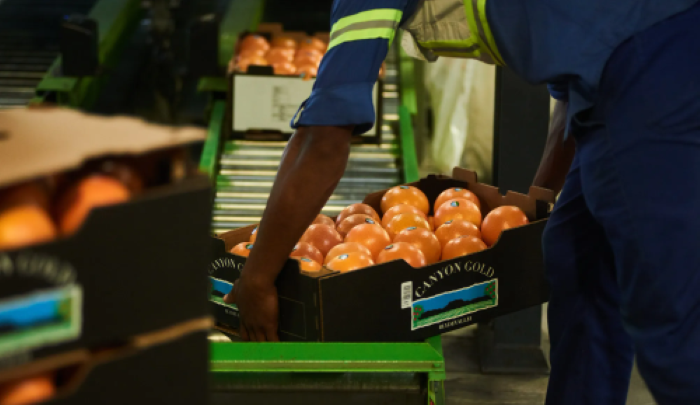(3 Minutes Read)
China has expressed a strong interest in increasing imports of South African agricultural products, according to recent discussions and statements from both Chinese officials and South African agricultural bodies. This development aligns with Beijing’s broader efforts to diversify its import sources in response to shifting global trade dynamics.
The Agricultural Business Chamber of South Africa (Agbiz) welcomed the news following comments by Wu Peng, the Chinese Ambassador to South Africa, who reiterated China’s commitment to strengthening economic ties. Using the social media platform X (formerly Twitter), Ambassador Wu confirmed that China is open to importing more agricultural and industrial goods from South Africa, reflecting its strategic focus on securing food supply chains.
Wandile Sihlobo, Agbiz’s chief economist, underscored the importance of the announcement, noting that China plays a pivotal role in global agricultural trade. In 2023, China accounted for 11% of the world’s agricultural imports, with a total value of around USD 218 billion. Its top suppliers currently include Brazil, the United States, and Thailand—countries with well-established agricultural trade relationships with China.
Trade tensions, particularly the ongoing tariff disputes with the United States since 2018, have accelerated China’s push to reduce reliance on traditional partners. This has prompted a shift toward Latin America and Oceania, with nations like Brazil and Australia benefiting significantly. South Africa, however, remains a relatively minor player, accounting for just 0.4% of China’s agricultural imports—approximately USD 979 million in 2023.
South Africa’s current exports to China include citrus fruits, red meat, wine, macadamia nuts, maize, soybeans, and wool. While these form a valuable export base, there is substantial potential for growth, especially in value-added and processed goods.
Sihlobo emphasised that South Africa must now take proactive steps to seize this opportunity. “The priority is to present a curated list of products for potential export. Only then can discussions about tariff reductions and resolving phytosanitary barriers begin,” he said.
Non-tariff barriers—particularly phytosanitary restrictions and import duties—remain a significant hurdle. Numerous trade policy assessments have shown that such obstacles have limited South Africa’s ability to maximise its export potential to China. Removing these could foster a more balanced and mutually beneficial trade relationship.
Analysts agree that expanding agricultural exports to China should form part of a broader national trade strategy. While South Africa has diversified exports through agreements such as the SADC FTA and AGOA, its approach to the Asia-Pacific region remains underdeveloped.
Read Also;
China’s interest presents a timely opportunity for South Africa to reduce dependency on Western markets and strengthen its position as a supplier of high-quality agricultural goods. Realising this potential will require sustained diplomatic engagement and meaningful domestic reforms.
As global agricultural trade evolves, South Africa’s future competitiveness may hinge on how effectively it builds and manages trade relations with China.





